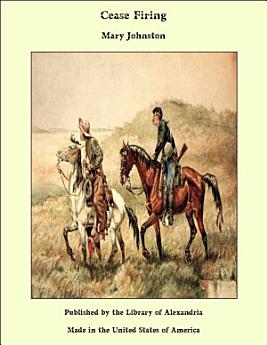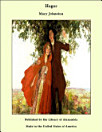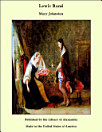Cease Firing
Mayelana nale ebook
December, along the stretch of the Mississippi under consideration, was of a weather nearly like a Virginian late autumn. In the river towns and in the plantation gardens roses yet bloomed. In the fields the cotton should have been gathered, carried—all the silver stuff—in wagons, or in baskets on the heads of negroes, to the gin-houses. This December it was not so. It was the December of 1862. Life, as it used to be, had disintegrated. Life, as it was, left the fields untended and the harvest ungathered. Why pick cotton when there was nowhere to send it? The fields stayed white.
The stately, leisurely steamers, the swan-like white packets, were gone from the river; gone were the barges, the flatboats and freight boats; gone were the ferries. No more at night did there come looming—from up the stream, from down the stream—the giant shapes, friendly, myriad-lighted. No more did swung torches reveal the long wharves, while the deep whistle blew, and the smokestack sent out sparks, and the negro roustabouts sang as they made her fast. No more did the planter come aboard, and the planter’s daughter; no more was there music of stringed instruments, nor the aroma of the fine cigar, nor sweet drawling voices. The planter was at the front; and the planter’s daughter had too much upon her hands to leave the plantation, even if there had been a place to go to. As it happened there was none.








